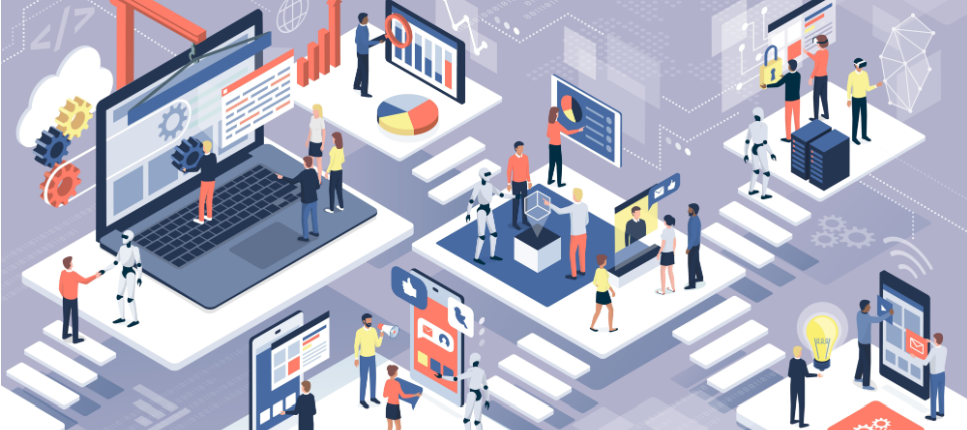Between keyboard and pen note-taking, which method is the most effective for learning? Before the advent of the intelligent digital pen, this question would not have been of any interest to a majority of young learners – and many not so young – for whom the laptop is an essential working tool. But since “progress cannot be stopped,” as they say, and since we can now opt for the intelligent digital pen, this question is just as relevant for technophiles.
It had long been suspected that manual note-taking provided an advantage for learning over keyboard note-taking. However, two American university psychologists, Pam Mueller and Daniel Oppenheimer, published in 2014 in the influential journal Psychological Science the results of three experiments that allowed them to confirm this intuition. “Laptop notetakers’ tendency to transcribe lectures verbatim rather than processing information and reframing it in their own words is detrimental to learning,” they conclude.
In these experiments, note-taking by hand was more effective than computer note-taking in storing both factual and conceptual information, but it was in the latter case that it stood out by far. A notable detail that makes this study even more interesting: the poor performance of note-taking on the computer cannot be attributed to distractions caused by an Internet connection – the temptation to check emails, go on social networks, shop online, etc. – since the participants were not connected.
The decoded advantage
While the computer makes it possible to take more notes, produce a more accurate report and make it easier to read later, it does not allow the information to be digested and appropriated during the exercise, which is far from being commonplace in terms of learning. Because it requires more time, taking handwritten notes involves a greater effort, an “active engagement” on the part of the learner to understand the material taught at the time of the lecture in order to select key points to remember, summarize and rephrase. According to researchers, these efforts probably contribute to better encoding of this new information in the brain (see Neurosciences: Learning in 4 Steps).
A study published in 2013 by three researchers at the University of Washington had already shown that many of the keyboard notes were difficult to remember after a 24-hour delay, even if computer note-taking was a better option than the manual method within that period. Their explanation of the phenomenon is similar to that of Mueller and Oppenheimer since they argue that “taking organized notes presumably involves deeper and more thorough processing of the lecture information, whereas transcribing requires only a shallow encoding of the information.”
As a bonus: good for the brain!
Taking handwritten notes can even be beneficial for brain development and health, as shown in a study published in 2012 in Trends in Neuroscience and Education. Although this study was conducted with 5-year-olds, it is also partly relevant for adults. In this experiment, young participants were asked to reproduce letters in three ways – handwriting, computer typing and dotted lines – while an fMRI device monitored their brain activity.
Only the handwriting exercise produced a neural reading circuit by activating three distinct brain regions, which led the author to conclude that there are learning benefits to physical letter writing, including the engagement of the brain’s motor pathways. That being said, we know that while this activity is beneficial for the development of the brain in children, it is also helpful for the health of the adult brain, since it aids to maintain cognitive abilities and prevent certain neurodegenerative diseases.
A compromise for keyboard enthusiasts?
If you are a laptop enthusiast, these findings, however scientific they may be, might not convince you to abandon your preferred work tool. If you are motivated and have strong metacognitive skills, you may try to rethink the way you take notes so that it has an effect similar to taking notes by hand. Since at the source, it is not so much the means – to write by hand or by keyboard – as the mental disposition facilitated by the means that generates the desired effect. The result is not guaranteed, but we lose nothing by trying, since in any case, as we saw in a previous article (Metacognition 101), simply taking a reflexive step back on your learning mechanisms is one of the best ways to improve your learning!







Leave A Comment